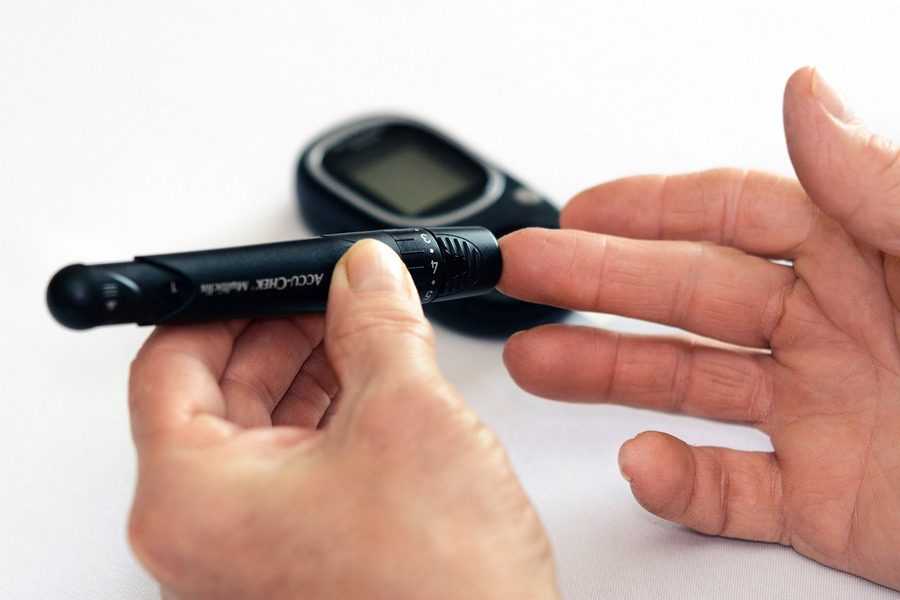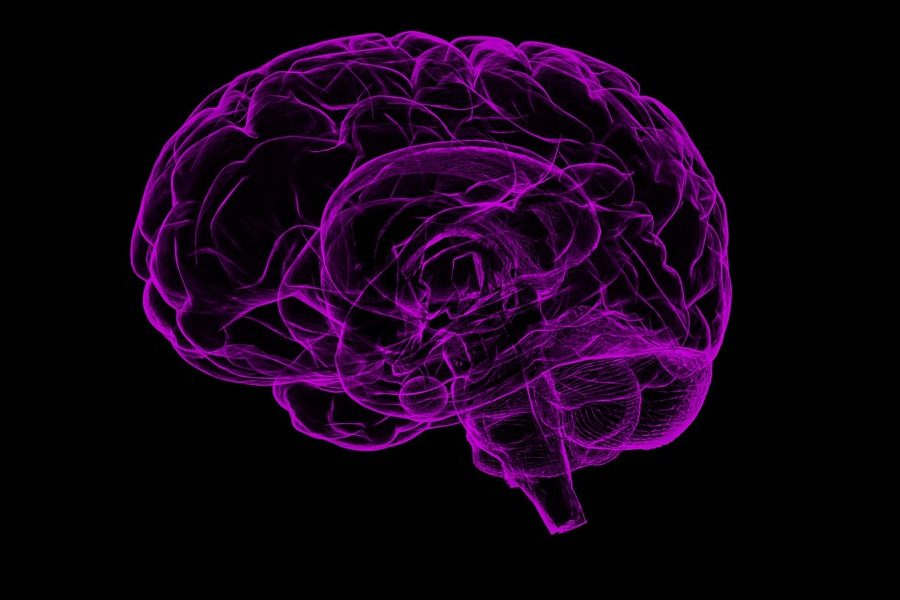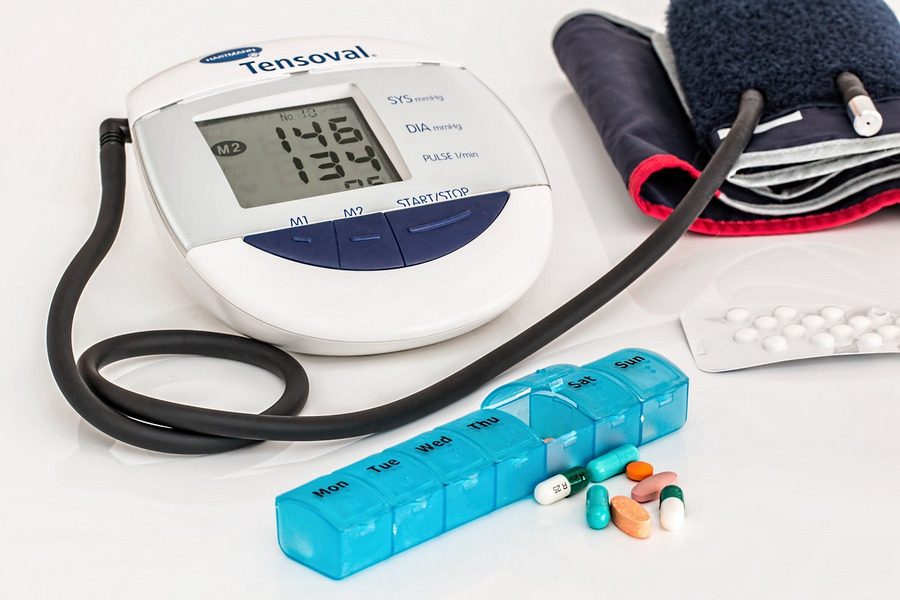


Why Alzheimer’s is called type 3 diabetes?
Diabetes and Alzheimer’s are two dangerous diseases affecting millions of people today. This post looks at the relationships between these two diseases and helps to explain these relationships thoroughly.

Alzheimer’s disease is a leading cause of dementia, and it’s currently the seventh leading cause of death in the US.
It’s also often referred to as “type 3 diabetes” because it displays some of the same symptoms as diabetes, including excessive thirst and urination, weight loss, and blurred vision.
Diabetes and Alzheimer’s are both considered metabolic disorders, which means they happen because of the inability of your body to process sugar. Factors like genetics, diet, lifestyle choices, or your environment help to contribute.
Diabetes is one of the most common causes of dementia in older adults. In addition, people who get diabetes are more likely to develop Alzheimer’s later in life than those who don’t have it.
Medical professionals don’t understand the reasons fully, but researchers believe that high levels of insulin resistance may play a role.
When your insulin doesn’t work as well as it should when trying to lower blood sugar levels after eating, scientists call this hyperglycemia (high blood sugar).

In patients with diabetes, their body doesn’t use insulin properly, which can lead to higher glucose levels in their blood. The brain also needs glucose for energy; if there isn’t enough available, it may become more sensitive to insulin. This can speed up the development of Alzheimer’s disease.

Insulin resistance is when the body’s cells do not respond to insulin as they should. In diabetes, this causes glucose (sugar) to build up in the blood and urine, which can damage nerves and other organs. In Alzheimer’s disease, insulin resistance can cause brain cells to die off too quickly.
Insulin is a hormone that helps the body use sugar from carbohydrates (such as fruit, starches, and sugars from processed foods) for energy. When your pancreas doesn’t make enough of it, you develop type 2 diabetes.
In Alzheimer’s disease, however, insulin plays an even more critical role. It helps remove waste products from brain cells and prevent inflammation in the brain by causing them to release these waste products into the bloodstream and urine through an enzyme called amyloid-β-peptide (Aβ).
Too much Aβ floating around in the brain’s environment can lead to memory loss and dementia.

High Blood Sugar – There is a relationship between Alzheimer’s and diabetes because when the body does not produce enough insulin, it’s possible to get either disease.
Researchers discovered that high blood sugar levels could cause beta-amyloid plaque to form in areas of the brain associated with memory and learning, which leads to dementia.
Smaller Hippocampus – There are a few ways that Alzheimer’s disease and diabetes can be related, but the most compelling is that they affect memory.
In Alzheimer’s disease, a person’s hippocampus shrinks in size. The hippocampus processes memories of events; if it shrinks, it can make it harder for people to remember things.
Diabetes also affects the hippocampus’ ability to process memories. The hippocampus is one of several areas of the brain that have been linked with the development of Alzheimer’s disease.
Besides these two conditions affecting memory, blood glucose levels are also higher in people with diabetes than in non-diabetics—and scientists have also linked this with damage to the hippocampus.
Accumulated Amyloid Plaque – An accumulation of amyloid plaque inside cells causes both diseases. This plaque can cause nerve cell death or dysfunction, which leads to memory loss and dementia.
Beta-amyloid peptides make up the amyloid plaque in Alzheimer’s disease, while insulin growth factor-1 (IGF-1) makes up the amyloid plaque in diabetes.

Give up Smoking – Smoking is a significant risk for people with diabetes. It can also lead to both heart disease and cancer, as well as a host of other health conditions.
It’s never too late to quit smoking. However, if you’re already a smoker, you should immediately stop when you find out you have diabetes or your blood glucose is high.
Get Regular Exercise – Exercise is one of the most effective ways to help manage insulin resistance and prevent type 2 diabetes. But even moderate exercise can help prevent type 2 diabetes in people at high risk of developing it.
Exercise has many positive effects on your body, including helping you lose weight and improve your cholesterol levels. Plus, it gives you more energy and helps boost your mood too!
Lower Your Blood Sugar – Another way to reduce your risk of diabetes is by lowering your blood sugar. You can do this through diet or medication.
Medication can help control blood sugar levels and reduce your risk of developing complications from diabetes.
Eat a Healthy Diet – Diabetes results from too much sugar in your blood. You can cause this by overeating sugar, drinking too much soda, or eating too little fiber.
A healthy diet is integral to managing diabetes, but it is not enough to control the disease. You must also take medication if you have type 2 diabetes or prediabetes and are at high risk of developing type 2 diabetes.
The best way to reduce the risks of diabetes is to eat a balanced diet that includes lots of fruits, vegetables, whole grains, and other healthy foods.
Some examples of healthy foods include:
• Fruits such as apples, bananas, blueberries, and oranges
• Vegetables, such as broccoli and spinach
• Whole grains such as brown rice or whole wheat bread and pasta

Manage Blood Pressure – Blood pressure is the force of blood against the walls of your arteries when they’re under stress, such as during physical activity. High blood pressure puts you at increased risk for heart disease and stroke.
You can control high blood pressure with medication or lifestyle changes, such as eating a healthy diet and exercising regularly. However, your doctor may recommend a more intensive treatment plan if your blood pressure remains high despite taking medications or changing your diet or lifestyle.
Stay Active – Staying active is one of the easiest ways to prevent diabetes and heart disease. It’s also one of the most effective ways to keep the pounds off and stay healthy.
When you’re active, your body burns calories faster than usual and doesn’t store as many of them as it would if you sat still. That means you don’t gain weight as quickly — which can help reduce your risk of obesity, diabetes, and heart disease.
Many people think that being physically active means spending hours each day at the gym or running a marathon every year. That’s unnecessary, though; even short bursts of activity throughout the day can make a big difference in your health.
Lower Your Cholesterol – If you have diabetes, your doctor may prescribe medicine that lowers your cholesterol.
Many people with diabetes are overweight or obese. This raises the risk of heart disease and stroke, especially if you have type 2 diabetes or can’t control your blood sugar after taking insulin or other medicines to treat it.

Scientists have been aware of the link between the brain and diabetes for quite some time. However, recent research into neurodegeneration shows that people with Alzheimer’s have “type 3 diabetes”. The findings imply that Alzheimer’s is a metabolic disorder related to insulin resistance.
By developing medications and treatments for Type-1 and Type-2 diabetes, researchers have shown that specific lifestyle changes can hugely impact our health. If insulin resistance and diabetes cause Alzheimer’s, fixing the problem could help slow down or even reverse the condition.
By applying the treatments developed for Type 1 and 2 Diabetes, researchers might have a greater chance of finding a cure for Alzheimer’s. There is still much research to be done, but perhaps in time, we will see the end of devastating diseases like Alzheimer’s and diabetes.